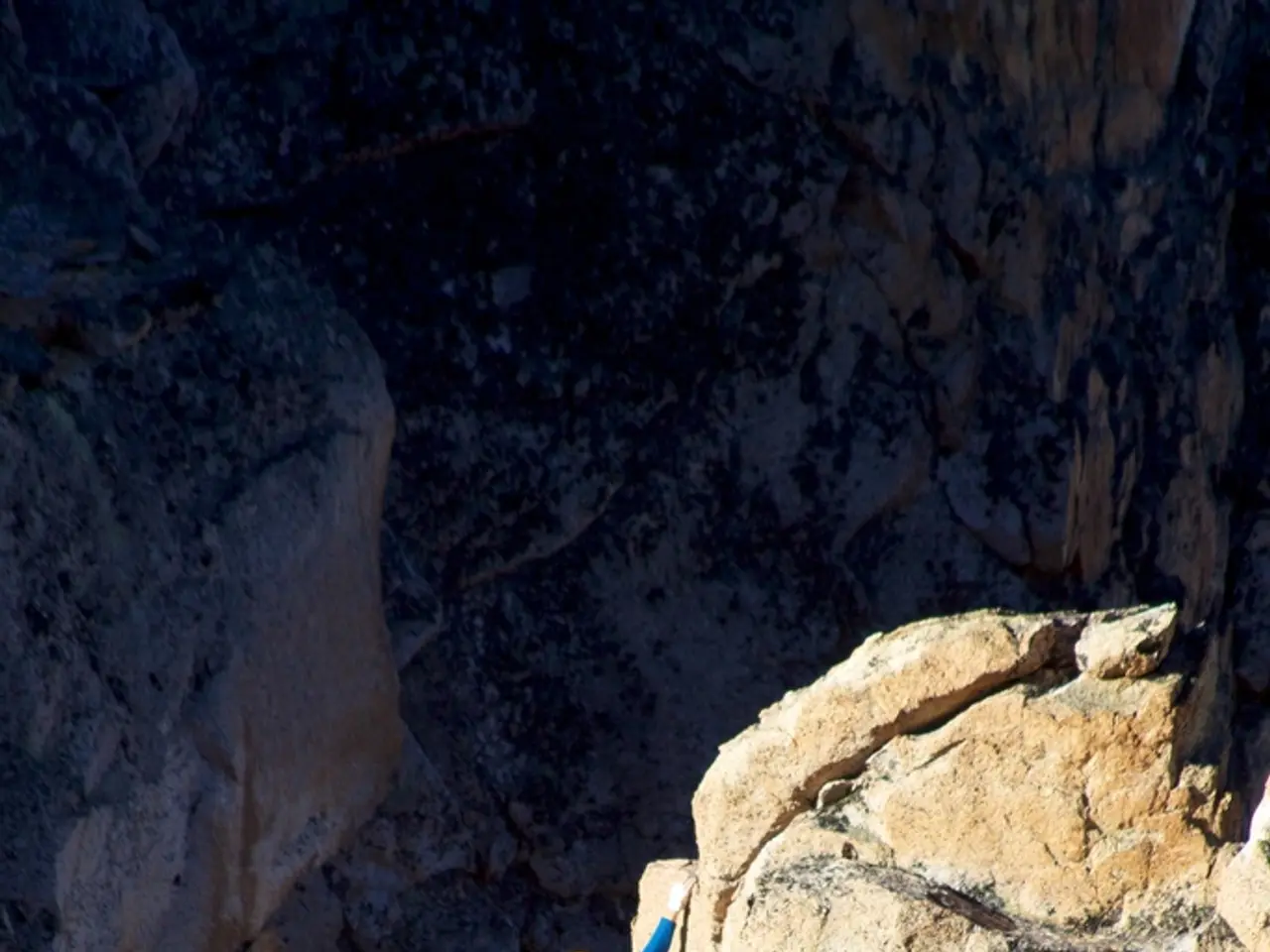Prepared for Mountain Demise: Mount Messner's Warning
In the wake of the tragic death of two-time Olympic biathlon champion, Laura Dahlmeier, during a mountaineering expedition in Pakistan, renowned extreme mountaineer Reinhold Messner has spoken out about the dangers of the sport. Dahlmeier, who turned to mountaineering after her athletic career, died on July 28, 2025, when she was struck by a rockfall on Laila Peak in the Karakoram range while rappelling[1][2][3].
Dahlmeier's decision not to be rescued or have her body recovered after a fatal accident reflects a challenging ethical and practical consideration in high-risk alpinism. Her management confirmed that she had expressly wished that no one risk their life to recover her body and that it should remain on the mountain if she were to die[2].
Implications in the Mountaineering Community
Dahlmeier's decision underscores a growing acceptance that climbers may choose to prioritise the safety of others over the recovery of remains, recognising the extreme hazards in high altitudes and difficult terrains. This is a well-known dilemma in alpinism where recovery missions can endanger others.
The case may strengthen the approach to rescue missions, emphasising risk management, and reinforcing that not all accidents can or should prompt risky recovery, especially with prior clear individual intent.
In dangerous regions like the Karakoram or Himalayas, remains of climbers are sometimes left on mountains due to severe terrain and weather, as well as political/military limitations on helicopter operations[2]. Dahlmeier’s wish formalises this as a personal ethical stance rather than mere necessity.
Community Reactions
Fellow mountaineers and the broader community have expressed mourning and respect, often acknowledging the inherent risks of the sport and the dignity in accepting death on the mountain without demanding recovery operations that put others at risk[3].
Balancing Adventure, Mortality, and Respect
Ultimately, Dahlmeier’s last wish highlights the complex balance in mountaineering between adventure, mortality, and the respect for life and individual decisions in the face of extreme danger, inspiring thoughtful reflection and discourse within the community[2][3].
Reinhold Messner, who has climbed many of the world's highest peaks, stated that mountaineering is "the immediate confrontation between man and nature," which can end fatally[4]. He emphasised that due to climate change, the mountains are more fragile than before, and rockfall is not predictable[5]. Messner finds Dahlmeier's decision understandable and encourages climbers to follow their passion but also be selfish towards relatives and society in mountaineering[6]. If one is not ready to die in the mountains, one should not go mountaineering, as stated by Messner[7].
As we remember Laura Dahlmeier, her last wish serves as a poignant reminder of the risks involved in mountaineering and the importance of respecting individual decisions in the face of extreme danger.
Read also:
- Weekly happenings in the German Federal Parliament (Bundestag)
- Southwest region's most popular posts, accompanied by an inquiry:
- Discussion between Putin and Trump in Alaska could potentially overshadow Ukraine's concerns
- Massive 8.8 earthquake hits off the coast of Russia's Kamchatka Peninsula, prompting Japan to issue a tsunami alert.








